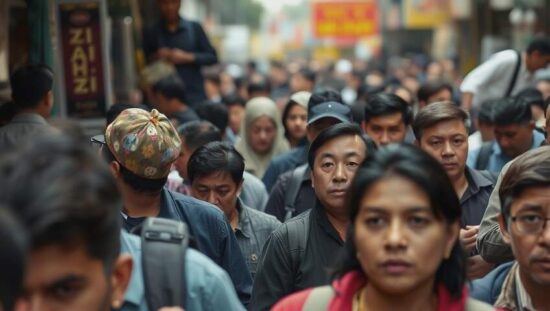German Economist Sparks Debate on Working Hours and Social Welfare
A prominent German economist is igniting a national debate with a pointed critique of the country’s labor practices and social welfare system.. Hans-Werner Sinn, a vocal figure in German economic circles, argues that Germany’s relatively low working hours place it at a significant disadvantage on the global stage, hindering international competitiveness.
Sinn’s assessment, delivered in an interview with Focus magazine, highlights Germany’s comparatively generous system of public holidays and vacation days as a key factor. He contends that these provisions, while intended to provide a high quality of life for workers, create a structural impediment to economic dynamism. The argument resonates within a context of increasingly fierce global competition, particularly from nations with longer working hours.
Beyond the calendar, Sinn’s critique targets what he describes as the “misuse” of the social welfare system. He points to a perceived trend of employees falsely claiming illness, specifically citing the prevalence of sick leave taken during bridge days (days connecting weekends or holidays) and Mondays. While acknowledging the sensitivity of such accusations, Sinn suggests a fundamental shift in the system’s structure is needed.
His proposed solution – removing pay for the initial day of sick leave – is particularly controversial. Sinn frames it as a necessary measure to incentivize greater accountability and reduce the incentive for opportunistic absences. “A little risk in the event of illness can be borne by everyone themselves” he asserts, positioning his proposal as a means of fostering a more responsible and efficient social contract.
The suggestion has been met with immediate backlash from labor unions and social welfare advocates, who argue that it would disproportionately impact vulnerable workers and erode their protections. Critics suggest the proposal ignores underlying issues such as workplace stress and inadequate staffing, often cited as contributing factors to employee burnout and sick leave.
The debate underscores a growing tension within Germany: balancing the nation’s commitment to social welfare and worker well-being with the pressures of maintaining economic competitiveness in a rapidly changing global landscape. Sinn’s intervention has undoubtedly injected a new urgency into the discussion, forcing policymakers to confront the potential trade-offs inherent in Germany’s long-cherished working culture and social safety nets.





